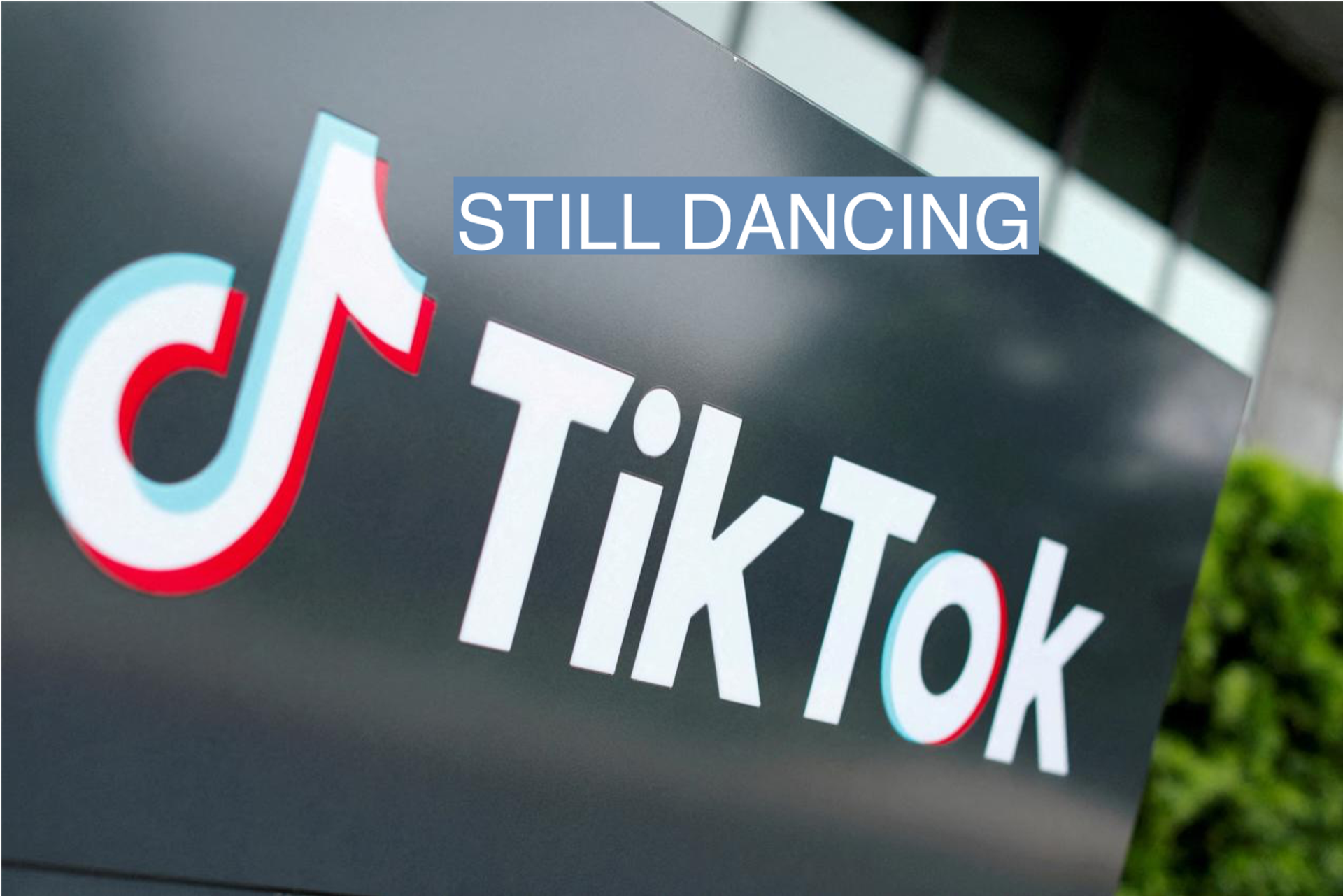The News
Five months ago, as lawmakers grilled TikTok’s CEO over his company’s ties to China, it seemed like Congress might actually try to ban the social media giant. But since then, Capitol Hill’s effort to delete the app from Americans’ phones has faded from public view, with multiple bills stalling out.
Progress has been slowed by a combination of competing priorities, policy clashes, and concerns about political blowback, sources say. But lawmakers and aides insist a TikTok bill may still be in the cards later this year.
“I don’t think the moment has passed,” said one Republican Senate aide. “It’s just a matter of catching lightning in a bottle, which is what you always need to move legislation.”
The View From The House
At least two major TikTok bills have yet to receive a full vote in the House — one by Reps. Mike Gallagher, R-Wisc. and Raja Krishnamoorthi, D-Ill., who head the chamber’s select committee on China, and another by Foreign Affairs panel Chair Michael McCaul, R-Texas.
But members are still quietly working on a new piece of legislation. The talks are being led by Energy and Commerce Committee Chairwoman Cathy McMorris Rodgers, R-Wash., whose panel held the March hearing with TikTok CEO Shou Zi Chew.
McMorris Rodgers rejected the notion that momentum had stalled during a brief interview last month. “We’re still working on the language for a targeted approach, a targeted banning,” she told Semafor.
One House GOP aide characterized TikTok legislation as a priority but said that other must-pass bills — like the debt ceiling and the annual defense policy bill — had consumed the schedule. The person expressed hope that the House would have space to act on a TikTok bill by the end of the year, once the lawmakers are done fighting over government funding.
“I know people are still working on this and people are still talking about it internally,” the source said.
Gallagher said he was working to help McMorris Rodgers’ committee arrive at the best approach.
“I think Republicans still share a concern about allowing TikTok to become the dominant media company in America and I know we are working behind the scenes to arrive at a unified position on how to ban it or force a sale,” he said in late July.
The View From THE SENATE
The RESTRICT Act from Sens. Mark Warner, D-Va. and John Thune, R-S.D. looked like it had momentum in the spring, picking up a White House endorsement and two dozen cosponsors in a matter of weeks. The legislation would let the administration limit or ban foreign tech platforms that are based in countries deemed “adversaries.”
But the bill ran into a buzzsaw of opposition from libertarians and prominent Fox News personalities who accused it of giving “terrifying” powers to the federal government. Even some proponents of regulating TikTok worry that the legislation would hand overly broad authority to the executive branch.
Warner has said he is working to address concerns about the bill. But Senate Commerce Committee Chairwoman Maria Cantwell, D-Wash. is already crafting an alternative. A committee aide suggested it’s aimed at giving the administration tools to address national security threats posed by foreign tech platforms, but not the power to ban them outright.
“She’s not looking to shut down people’s dance videos or small businesses on TikTok. That’s not the intent,” the aide said.
The View From The White House
In theory, Biden could try to take unilateral action on TikTok — but it’s unclear he will. The Treasury Department’s Committee on Foreign Investment in the United States has been reviewing the company since before the president took office and has yet to reach any kind of deal with ByteDance. The White House, which has enforced a ban on TikTok on government devices, doesn’t talk about the internal deliberations.
Some say the administration believes it needs legislation from Congress for any action against TikTok to stick (an effort by the Trump administration to unilaterally ban TikTok was blocked by the courts).
“I think the administration has made a calculus that it will just kick the ball to Congress and say if Congress really cares about TikTok, they’ll ban it,” said the House GOP aide. The White House and Treasury Department didn’t respond to requests for comment.
Morgan’s view
It’s hard to believe Congress will have the bandwidth to come up with a viable TikTok bill, given the other priorities sucking up oxygen in Washington this year, from the budget to Ukraine aid to the farm bill.
But even if lawmakers can find the focus, the threat of political backlash might scare them off. One Democratic aide told me they thought an effort to regulate TikTok had dropped off on Capitol Hill in part because of concerns about potential backlash from young people, particularly among Democrats. A Republican strategist who expressed concerns about TikTok said lawmakers simply waited too long. “Acting now would require stripping 100 million people of a platform they love. Good luck with that,” the person told me.
Room for Disagreement
TikTok still hasn’t made a lot of friends on Capitol Hill and as the Republican Senate aide noted, one bad story could thrust the issue back into the spotlight. A former ByteDance executive alleged in a court filing earlier this year, for instance, that Chinese government officials accessed data of TikTok users in Hong Kong (the company denied this).
“Folks are increasingly worried about what China is doing,” the aide said.
